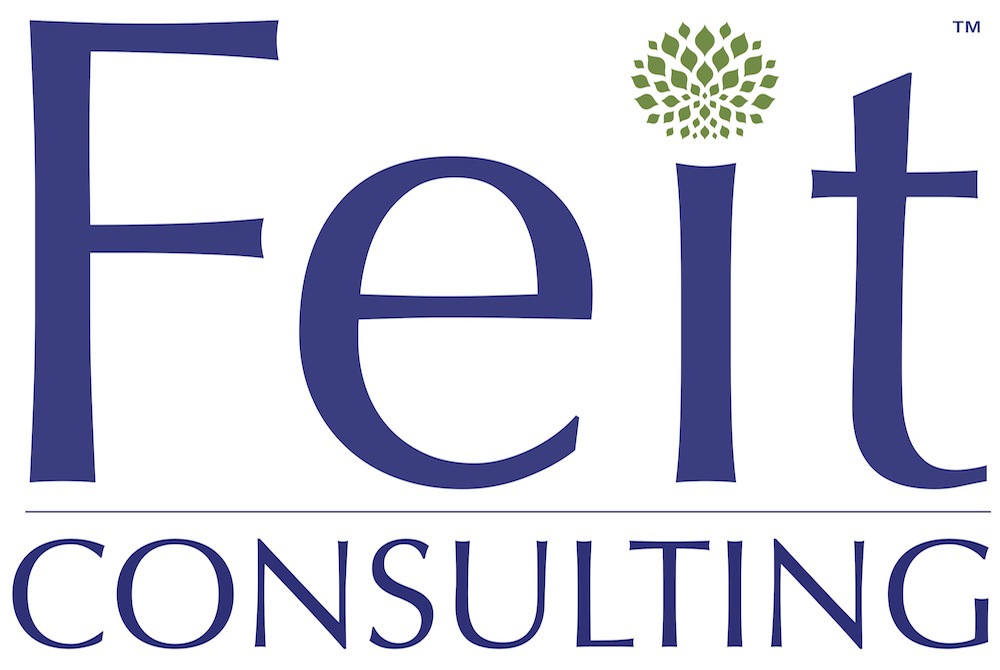
Beyond the Price
By Michael Feit | Budgeting , Contract Negotiations , Pricing
Often times, the focus in legal information contract negotiations is the contract price. Securing a great price for the service and product offered is great, but only if the service and product offered match the firm’s legal information needs.
The first and most important step in optimizing your firm’s legal information resources and budget is a library audit. Evaluating and assessing how often resources are utilized is a key indicator of value. As practice groups come and go, information needs change and new products come to market.
The library audit can be conducted in various ways: from a high-level comb-over to evaluating each specific resource. If the latter, this can be a time-intensive pay-off. If your firm has not conducted a library audit in the last three years, it is worthwhile to take the time to do so now. If you don’t have time, consider outsourcing this task.
Understanding the use/value of your firm’s resources is essential to optimizing your firm’s legal information resource budget. Feit Consulting has encountered clients paying for resources that offer little value and have little to no use. When asked, firms share, “It costs so little.”
Don’t become a victim of paying for products the firm doesn’t use or need. Feit Consulting’s latest report, Optimizing Legal Information Pricing shares detailed steps and processes for achieving optimal results in legal information contract negotiations. Learn more here.


